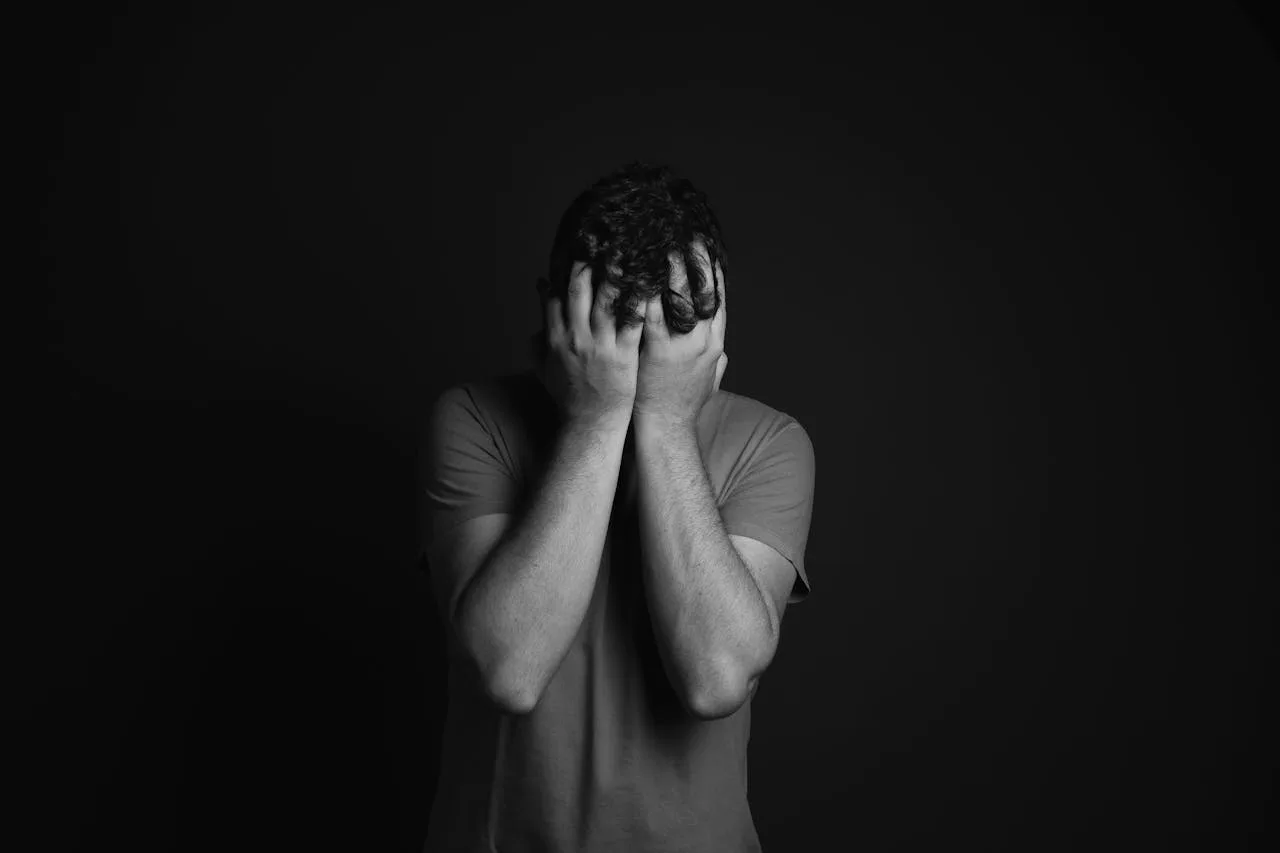In our fast-paced world, the terms anxiety, depression, and stress are frequently mentioned. They are often used interchangeably, yet they describe different psychological states. This article aims to delineate the symptoms of each condition, explore their interconnections, and provide insights into their management.
What is Anxiety?
Anxiety is a natural response to stress, characterized by feelings of fear or apprehension about what’s to come. It’s the body’s way of preparing to face a challenging situation with focus, strength, and heightened alertness.
Symptoms of Anxiety
The most common symptoms of anxiety include:
- Persistent worry that is excessive and not proportional to the event causing it.
- Restlessness or feeling on edge.
- Fatigue after prolonged periods of anxiety.
- Difficulty concentrating or mind going blank.
- Irritability which may be noticeable to others.
- Muscle tension which may be persistent.
- Sleep disturbances like difficulty falling or staying asleep, restlessness, or unsatisfying sleep.
What is Depression?
Depression is a mood disorder that causes a persistent feeling of sadness and loss of interest. It affects how you feel, think, and behave and can lead to a variety of emotional and physical problems.
Symptoms of Depression
Symptoms of depression can include:
- Persistent sad, anxious, or “empty” mood.
- Feelings of hopelessness or pessimism.
- Irritability.
- Feelings of guilt, worthlessness, or helplessness.
- Loss of interest or pleasure in hobbies and activities.
- Decreased energy or fatigue.
- Moving or talking more slowly.
- Feeling restless or having trouble sitting still.
- Difficulty concentrating, remembering, or making decisions.
- Sleep disturbances.
- Appetite and/or weight changes.
- Thoughts of death or suicide, or suicide attempts.
- Aches or pains, headaches, cramps, or digestive problems without a clear physical cause and/or that do not ease even with treatment.
What is Stress?
Stress is a feeling of emotional or physical tension. It can come from any event or thought that makes you feel frustrated, angry, or nervous. Stress is your body’s reaction to a challenge or demand.
Symptoms of Stress
Symptoms of stress include:
- Low energy.
- Headaches.
- Upset stomach, including diarrhea, constipation, and nausea.
- Aches, pains, and tense muscles.
- Chest pain and rapid heartbeat.
- Insomnia.
- Frequent colds and infections.
- Loss of sexual desire and/or ability.
The Interconnection Between Anxiety, Depression, and Stress
Anxiety and depression often co-occur, and stress can be a contributing factor to both. The symptoms can overlap, such as sleep disturbances, irritability, and concentration problems. Understanding these connections can help in managing these conditions more effectively.
Managing Symptoms
Management of anxiety, depression, and stress involves a combination of lifestyle changes, therapy, and, in some cases, medication. Key strategies include:
- Regular exercise which can help reduce stress and anxiety.
- Healthy eating habits.
- Adequate sleep.
- Mindfulness and relaxation techniques such as meditation.
- Time management strategies.
- Seeking professional help when symptoms are overwhelming.
Recognizing the symptoms of anxiety, depression, and stress is the first step towards managing them. While they can be challenging, there are many effective strategies and resources available for support. If you or someone you know is struggling, it’s important to reach out for professional help.
This article provides a comprehensive overview of the symptoms associated with anxiety, depression, and stress, and suggests ways to manage them. For those experiencing these symptoms, it’s crucial to seek professional help. Remember, you’re not alone, and help is available.

